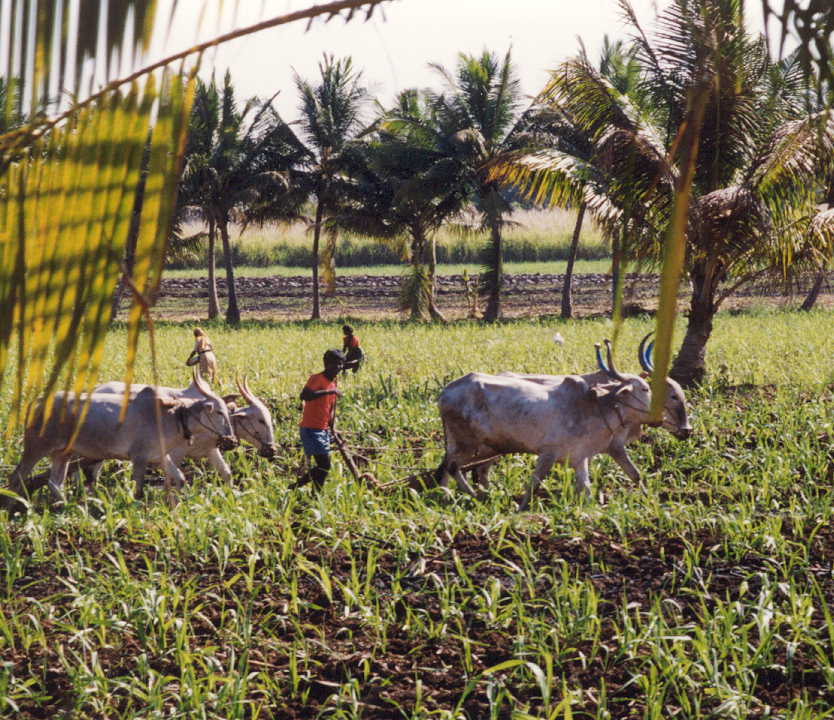Decision to keep away from RCEP, right move on part of India
The Hans India - 5 December 2019
Decision to keep away from RCEP, right move on part of India
By Krishna Rao IYR
India, in recent days, is faced with Hamletian dilemma. To join or not to join the Regional Comprehensive Economic Partnership (RCEP), a free trade association consisting of 16 nations including India.
It is supposed to consist of 10 Southeast Asian countries who already have a free trade agreement in the shape of ASEAN, and other Asian countries Japan, Australia, New Zealand, South Korea, China and India. After weighing the pros and cons, finally India opted out of the RCEP for the time being and other 15 nations have decided to go ahead and form the RCEP from next year without India.
World Trade Organisation (WTO), an institution set up to promote multilateral trading, also provides for establishment of free trade agreements among member countries. Accordingly, a number of bilateral and multilateral free trade agreements have been entered into among a number of nations.
In a free trade agreement, the members of FTA get access to the markets of the member countries which are not available to other members of the WTO. There are good number of well-functioning regional FTAs. The European Union itself is a big FTA. MERCOSUR consisting of the Latin American countries, NAFTA linking the USA, Canada and Mexico and the ASIAN covering most of the southeast Asian nations are some of them.
The present proposal of RCEP would include not only the 10 members of the ASIAN, but other six important countries of Asia Pacific region. With India opting out it is now shaping itself as a free trade agreement among the other 15 nations.
This regional association has a great economic significance since it is likely to cover almost half of the world population (it will be far less with India opting out) 39 % of the world GDP and 40 % of the world trade. Negotiations are going on for establishing this block since 2012 and finally it has taken a concrete shape now.
Any trade block will survive and add value to the member nations provided each one of the country which is part of it has a comparative advantage in some of the goods or services traded between them. For example, cheap labour in Mexico helped in automobile manufacturing getting located there for exporting to the USA.
When a country suffers from lack of comparative advantage in any one particular field of significance, free trade agreement and regional union lose their significance for that country. This is what exactly happened in the case of India in deciding not to be part of the RCEP.
Relative advantage in diary, horticulture and agricultural sectors that Australia and New Zealand enjoy could have resulted in cheap imports from these countries destroying the local dairy and agricultural sectors on which lives of millions depend. Presence of China in the free trade agreement and the enormous manufacturing advantage China possesses is a threat to Indian manufacturing sector.
Unfortunately, even after 30 years of liberalisation, Indian industry is not in a position to face competition and needs protection. China, which is the beneficiary of flagrant violation of intellectual property rights (IPR), is now insisting on stricter protection of IPR which could have led to substantial increase in prices of the medicines within the country making healthcare unaffordable to the general public. Keeping these reasons in mind and also the present economic slowdown being witnessed within the country, India has taken the right decision to keep away from the RCEP for the present.
But the Internal politics of the block seems to be working in favour of India. Japan seems to be interested in getting India into the block fearing the domination by China. That is a welcome sign for India. In the long run, it always pays to be part of regional value chain based upon the comparative advantage of nations.
We should seek protection for the local manufacturing agriculture and dairy industry. Now that countries like Japan want us to be in, we should bargain hard to get the maximum concessions and protections to join the regional block. Some of the reservations we had on rules of origin and triggering of automatic duties once imports cross certain threshold we should insist on.
In the long run, it always pays to be part of a regional economic union, more so like the RCEP consisting of some of the fastest growing economies of the world. But before that we need to address internal issues of efficiency and competitiveness so that we become important part of the regional value chain.
If these issues are not addressed, trade can have a negative effect. If these issues are addressed and we are able to compete in different sectors with other countries, we can be part of a virtuous cycle. In the end, it is the economy which decides politics. We cannot strengthen the economy and provide greater employment without becoming part of this important value chain.






